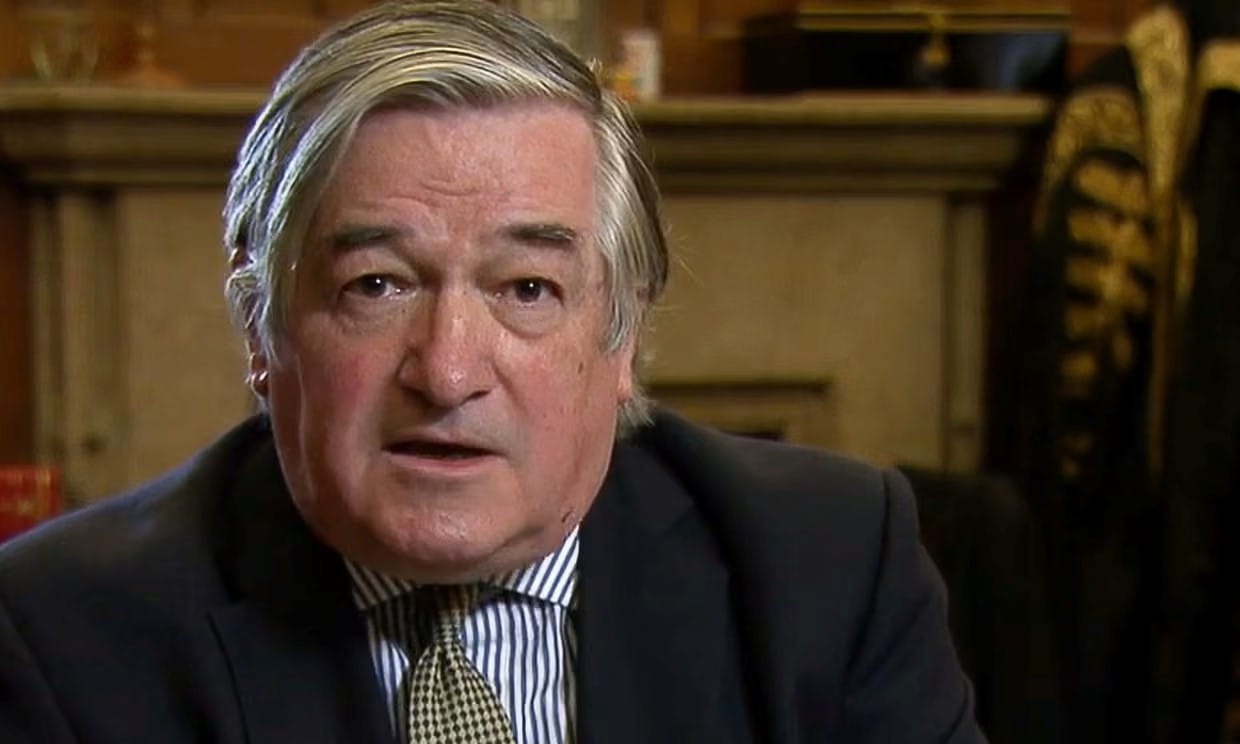Awolowo v Awolowo & Anor [2025] EWCA Civ 641
Moylan LJ, Popplewell LJ and Sir Christopher Floyd. Wife wins appeal over £1.6m ‘loan’ tied to the family home.
Judgment date: 16 May 2025
https://caselaw.nationalarchives.gov.uk/ewca/civ/2025/641
Moylan LJ, Popplewell LJ and Sir Christopher Floyd. Wife wins appeal over £1.6m ‘loan’ tied to the family home.
Overview
In high-value financial remedy proceedings, the wife successfully appealed a High Court ruling that £1.6m of equity in the family home was owed to the husband’s brother’s company.
Background
- Parties: Nigerian nationals, married with four children, living in England since 2009.
- Family home: purchased for £1.35m mortgage-free in H’s sole name.
- H ran hotel businesses in Nigeria and later set up a mirror company in England under the same name (De Skyline Hotel Ltd (‘DSH’)).
- Divorce proceedings: H issued Nigerian proceedings (2017). Wife issued competing proceedings in England (2017) but later withdrew and sought financial relief in England under MFPA 1984.
- Intervenor: husband’s brother’s company, Linkserve Ventures Transnational Ltd (LVT Ltd). It should be noted that the Intervenor acted under a number of different, but similar, names. For ease of reference ‘the Intervenor’ has been used throughout this summary to describe all such companies, but only LVT Ltd was given leave to intervene.
The dispute
The primary dispute before the Court of Appeal was H’s contention that £1.6m of the £1.8m equity in the former family home was effectively held on trust for the Intervenor pursuant to a loan used to purchase the property. W contended that the loan was a sham and sought to set aside the registration of the Nigerian judgment relating to the loan and the charging order placed against the family home.
The loan
The loan agreement relied upon by H was between the Intervenor and ‘De Skyline Hotel Limited (‘DSH’) (the husband’s company) and Otunba Olusegun Awolowo of 143 Pembury Avenue, Worcester Park, Surrey’ dated 6 August 2009 for the sum of £1.6m GBP (‘the £1.6m loan’).
The court made the following observations in respect of the loan:
- The loan agreement gave a UK address that only became DSH (England)’s registered address eight years later.
- It was signed by company directors, not H.
- There was no interest or repayment terms in the loan, suggesting it was not a genuine commercial arrangement.
- The Intervenor did not exist under the name used in the agreement at the date of the loan.
- Bank statements showed DSH (England) had substantial funds in 2014/15, contradicting claims of financial difficulty.
- A 2010 loan agreement for £800,000 between DSH (Nigeria) and H had a ‘suspiciously identical’ format to the £1.6m loan agreement.
- No financial records (eg: company accounts) were disclosed by H or the Intervenor which could have corroborated the loan.
Proceedings in the High Court – Nigeria
On 6 March 2018, proceedings were issued in the Nigerian High Court against DSH (Nigeria) and H over the £1.6m loan. The documents contained numerous inconsistencies: (i) conflicting loan dates, (ii) the debtor was named as DSH (Nigeria) rather than DSH (England), and (iii) interest was stated as payable, despite there being none in the loan agreement.
In 2019, ‘Terms of Settlement’ were recorded providing for repayment of £1.6m in four instalments over two years. At the parties’ request, the Nigerian court entered judgment on their agreed terms without examining the loan’s validity or making any factual/legal findings.
Civil proceedings in the High Court – England
In April 2019, the Intervenor registered the Nigerian judgment in the English High Court. In July 2019, H wrote to the Intervenor stating that he could not meet the instalments and invited enforcement against the family home.
In October 2019, the Intervenor successfully applied for an interim charging order over the property. In December of the same year Master Eastman adjourned the charging order application, directing that no order be made final until the wife’s MFPA 1984 claim was resolved.
The wife subsequently applied to be joined to the proceedings and sought to set aside both the registration of the Nigerian judgment and the charging order. The court again confirmed that enforcement of the loan and financial remedy proceedings should be heard together.
The appealed High Court judgment
The case came before HHJ Vincent in September 2023. The judge noted that she did not believe her role was to set aside the registration of the Nigerian judgment, focusing instead on whether the £1.6m loan was a sham intended to defeat W’s financial remedy claims.
Applying the ‘stiff’ test for sham transactions from Bhura v Bhura (No 2) [2015] 1 FLR 153, she found that whilst W had raised reasonable grounds for suspicion, she had not proved that the loan was a sham. She therefore dismissed W’s set aside application under s 37 of the MCA 1973 (deemed as being under s 23 of MFPA 1984).
Legal framework
The following key cases and principles were applied by the Court of Appeal:
- Appellate courts will not interfere merely because they might have arrived at a different conclusion (quoting Henderson v Foxworth Investments Ltd & Anor [2014] 1 WLR 2600 and Rea v Rea & Ors [2024] 26 ITELR 794).
- Lack of contemporaneous documentation can undermine credibility (Re Mumtaz Properties Ltd [2011] EWCA Civ 610).
- When assets cannot satisfy both a former spouse and a creditor, a balance must be struck; charging orders should be considered alongside financial remedy claims (Harman v Glencross [1986] Fam 81, Austin-Fell v Austin-Fell [1990] Fam 172 and Kremen v Agrest [2013] 2 FLR 187).
- The Court of Appeal expressed caution at the use of Bhura v Bhura (No 2), instead favouring the approach in Bank St Petersburg PJSC & Anor v Arkhangelsky & Ors [2020] 4 WLR 55 which stated that the threshold was the simple balance of probabilities.
Court of Appeal – Judgment
The Court of Appeal found that HHJ Vincent had erred in law and fact by:
- Treating the Nigerian judgment as proof of the debt’s legitimacy.
- Ignoring the absence of commercial documents from H and Intervenor.
- Treating W’s lack of evidence as a weakness to her case, rather than recognising the burden lay with H who had failed to disclose key material.
- Failing to see that the evidence was strong enough to require an explanation from H and the Intervenor.
W’s appeal was successful and the decision of HHJ Vincent was set aside.
The matter was remitted for a rehearing before a judge nominated by the President of the Family Division sitting in the High Court to reconsider the status of the loan and W’s application to set aside the charging order and registration of the Nigerian judgment.





